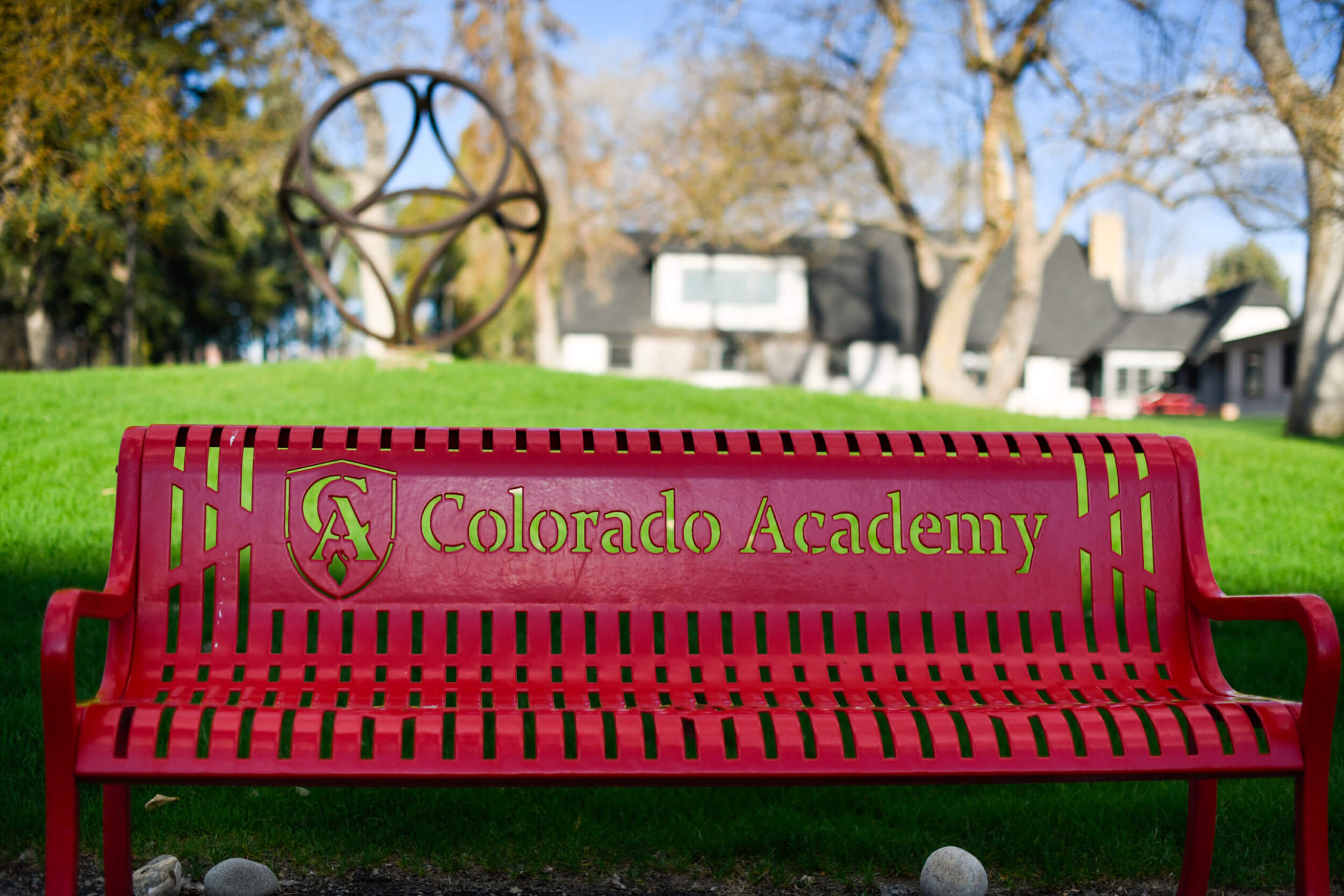This past week, I attended the National Association of Independent Schools (NAIS) annual conference. NAIS is a professional development organization that supports thousands of independent schools and helps school leaders think about the future of education. Our last in-person gathering was right before COVID-19 fully hit the nation, and it has been incredible to reconnect with other school leaders from across the country and world. I thought it would be helpful to share some of the issues that schools are thinking about today.
Meeting with other heads of schools and NAIS staff, we contemplated the dilemmas facing schools across the nation. We grappled with issues of affordability and accessibility. There was deep conversation about how schools retain and support teachers, even as more educators leave the profession. We also noted the generational shift in faculty demographics, as more baby boomers retire and younger employees bring different approaches to work. As in other industries, the move to remote working is having an impact on some schools. Schools talked about how to create inclusive communities and support equity, as well as protect ideological diversity. There was a lot of thinking about how artificial intelligence will impact teaching and learning.
For many of the past few years, school leaders have been primarily concerned with issues of risk management as they related to COVID; these COVID mitigation discussions dominated so many conversations that I had with fellow heads. It has been wonderful to get back to thinking about how we support students and how we rethink the future of education. Coming out of the pandemic, we all know just how important community is and how our schools bring people together around a shared mission. The diversity of schools that belong to NAIS is a key reason why this conference is so impactful. There are boarding schools, day schools, boarding-day schools, pre-K–12 schools, K-8 schools, 6-12 schools, and 9-12 schools. Then there are ideological orientations from secular to religiously-affiliated institutions, as well as schools that identify as traditional and those that strive to be progressive. While there are many similarities between schools, each has its own distinctive culture and mission, and being able to share with one another our approaches to teaching and faculty support is something that really helps inform our work at Colorado Academy.
The topics that presenters covered were diverse. Our own Laura Farmer, CA’s Educational Technology Specialist, gave a presentation about how schools can best on-board new faculty. Other presentations covered strategic planning, mental health interventions, the use of data to track student learning, creating healthier faculty cultures, determining when schools should develop institutional responses to major political and world events, integrating STEAM into the teaching of the humanities, and many others.
Seeing these presentations inspired all kinds of conversations between sessions. As I connected with other heads of school, we found that we shared concern about the dysregulation we are seeing in terms of student behavior. This is not surprising, given that students’ social and emotional development has been impacted by the pandemic. But it’s clear that schools are still thinking about strategies to address a phenomenon that affects nearly all grade levels. There was a strong sense that schools need to work with families and faculty to slow down, and perhaps eliminate some programming and requirements in order to make life more sustainable and allow for deeper dives into more meaningful content.
At CA, our current Pre-K class will graduate in the year 2036. That means that we have a real responsibility to think long term about our curriculum and our value proposition as a school. Much is likely to change over the next 14 years for these students and their families. But CA has shown an ability to be nimble and to develop new programs, as we have just done with the expansion of our REDI Lab program to an urban campus. Supported by a robust professional development budget, our teachers and administrators are always hungry to grow and learn. It is rewarding and exciting to be part of such an exceptional faculty and staff who care deeply about our work and the future of education.
